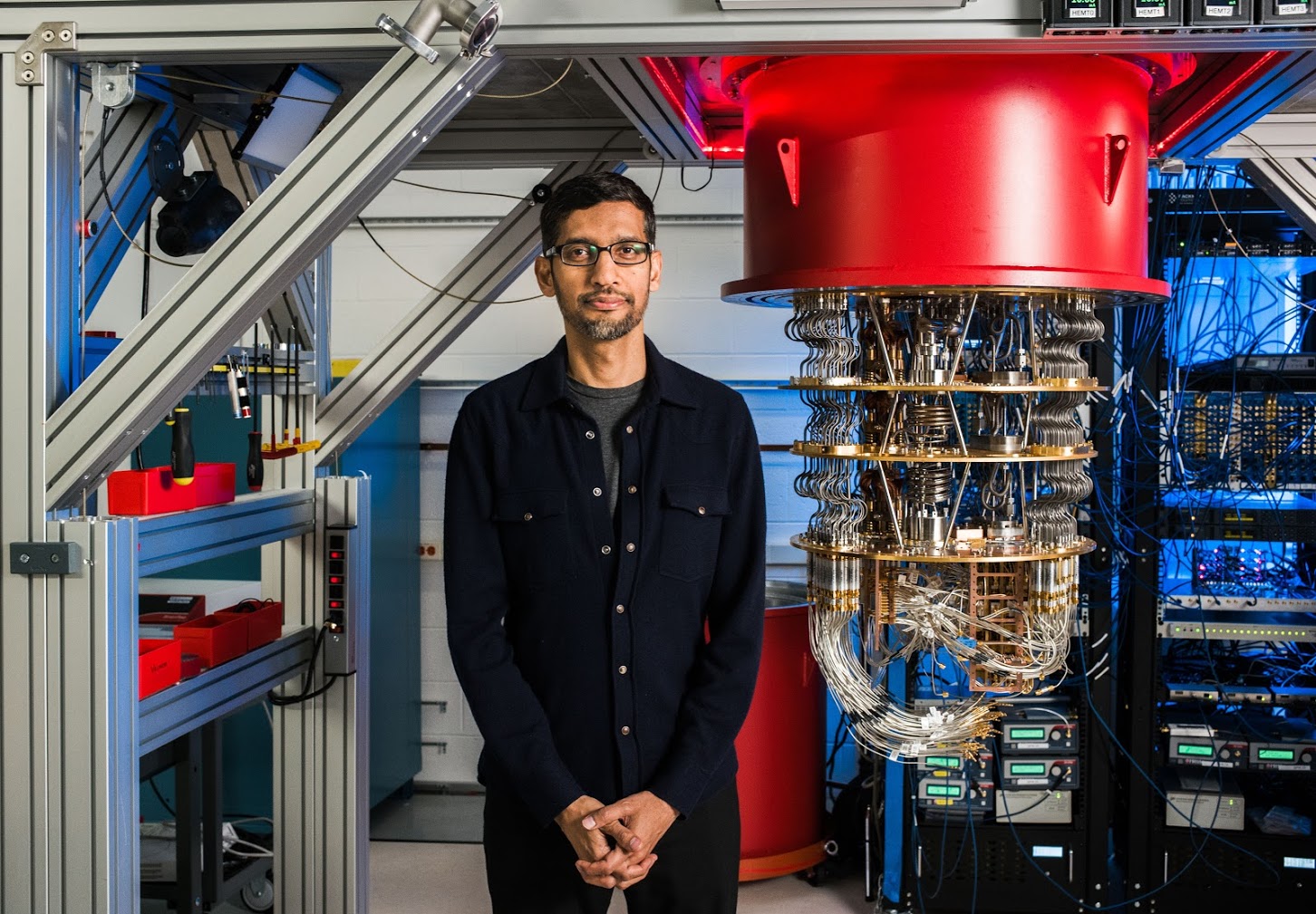
Artificial Intelligence (AI) continuously pushes the limits of technology, and Google’s recent declaration of “AI Quantum Supremacy” stands as one of the most groundbreaking advancements. This remarkable achievement signifies a new era in computing with far-reaching implications. Quantum supremacy, as achieved by Google, highlights the immense potential of quantum computing to revolutionize various industries. This article delves into the concept of AI Quantum Supremacy, explores Google’s milestone, and examines its future impact on technology and beyond.
Understanding Quantum Supremacy
Quantum supremacy occurs when a quantum computer performs a calculation that classical computers cannot complete in a reasonable time. Traditional computers use binary bits (0 or 1) to process information. In contrast, quantum computers use quantum bits (qubits), which can exist in multiple states simultaneously due to superposition and entanglement. This ability enables quantum computers to process vast amounts of information at once, making them significantly more powerful than classical computers for specific tasks.
Google’s Quantum Leap
In October 2019, Google announced that its quantum computer, Sycamore, had achieved quantum supremacy. Sycamore completed a complex computation in 200 seconds, which would take the world’s most powerful supercomputer, Summit, about 10,000 years to solve. This breakthrough marked a significant milestone in quantum computing, showcasing the immense potential of quantum technology.
The Implications for Computing
Unprecedented Computational Power
The primary advantage of quantum computing is its unparalleled computational power. Tasks infeasible for classical computers could become manageable with quantum computers. This includes solving complex mathematical problems, optimizing large systems, and simulating molecular structures for drug discovery. The ability to process and analyze massive datasets quickly could revolutionize fields from cryptography to artificial intelligence.
Advancements in Artificial Intelligence
Quantum computing could significantly enhance AI capabilities. Machine learning algorithms, which require extensive computational resources, could benefit immensely from quantum processors’ speed and efficiency. This enhancement could lead to more accurate models, faster training times, and the ability to tackle more complex problems. For instance, quantum-enhanced AI could improve natural language processing, predictive analytics, and autonomous systems.
Breakthroughs in Cryptography
Quantum computing poses a significant challenge to current cryptographic methods. Many encryption algorithms securing digital communications today rely on solving specific mathematical problems, which quantum computers could solve quickly. This has led to developing quantum-resistant cryptography to ensure future data security. Organizations must adapt to protect sensitive information.
Challenges and Future Directions
Despite its promise, quantum computing faces several challenges. Building and maintaining quantum computers is incredibly complex and expensive. Qubits are highly susceptible to errors due to environmental noise, requiring sophisticated error correction techniques. Moreover, developing practical applications for quantum computing will require new algorithms and software designed specifically for quantum processors.
However, ongoing research and investment in quantum computing drive progress. Governments, tech companies, and research institutions worldwide work to overcome these challenges. As the technology matures, more practical applications and broader adoption of quantum computing are expected.
Conclusion
Google’s achievement of quantum supremacy marks a pivotal moment in computing technology’s evolution. Quantum computers’ immense computational power holds the potential to revolutionize industries from healthcare to finance. While challenges remain, the future of quantum computing looks promising, with the potential to solve currently insurmountable problems. As we continue to explore and develop this technology, the implications for the future of computing are both exciting and profound.
For more insights into the future of AI and computing, stay tuned to our series on the latest advancements in technology.



